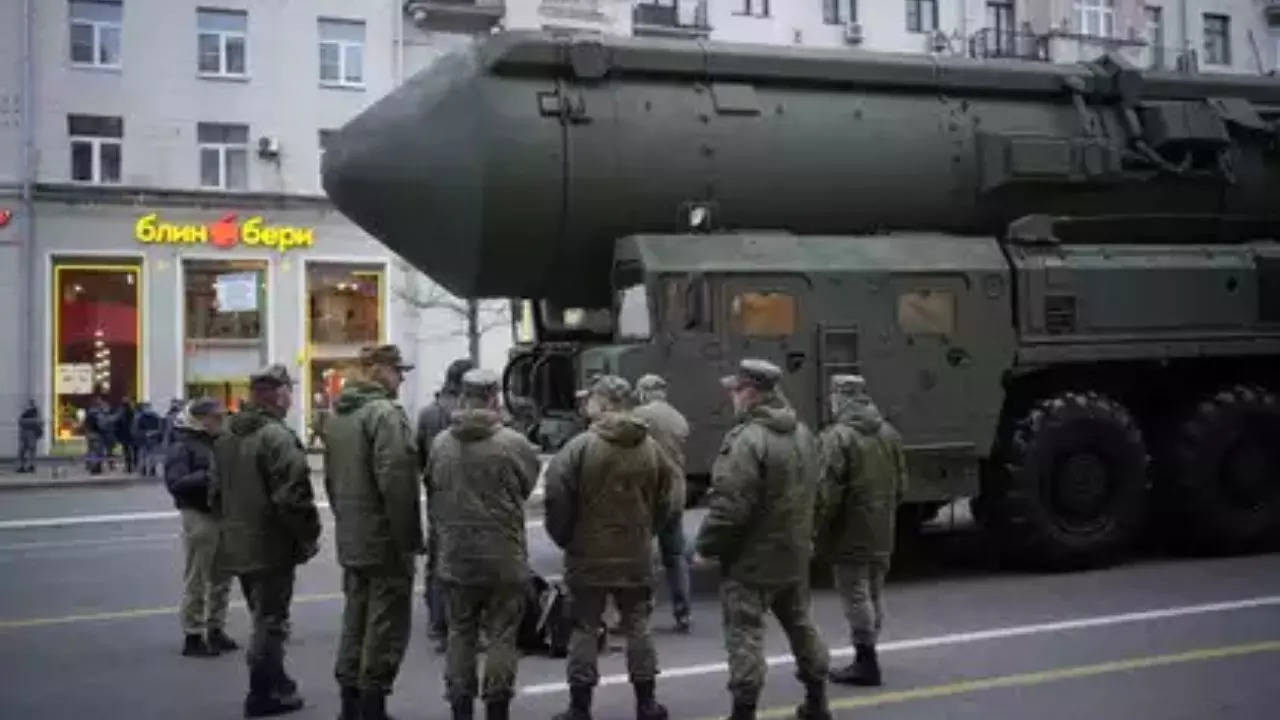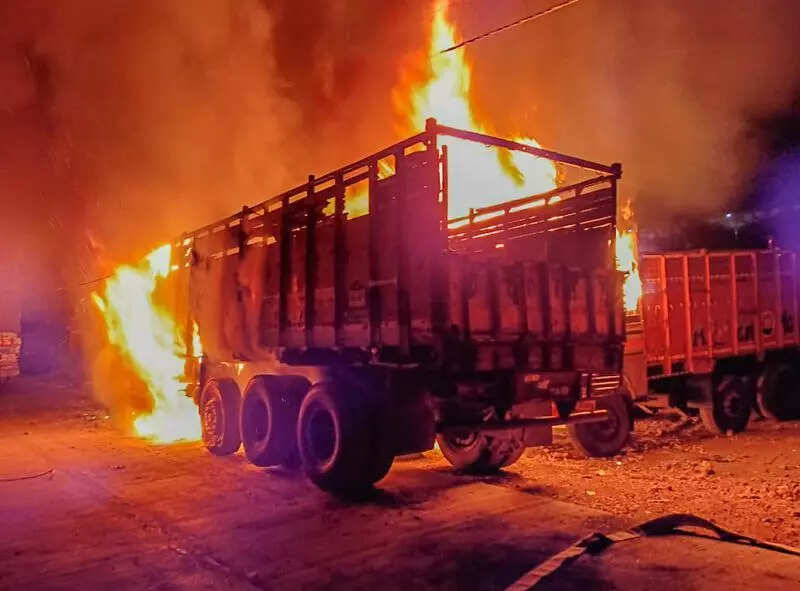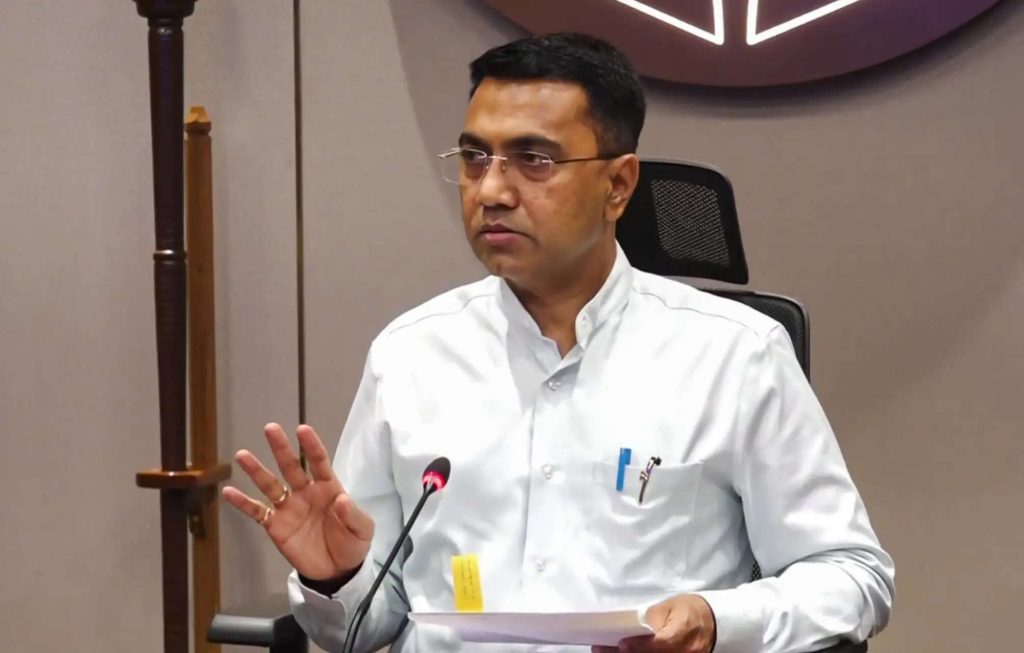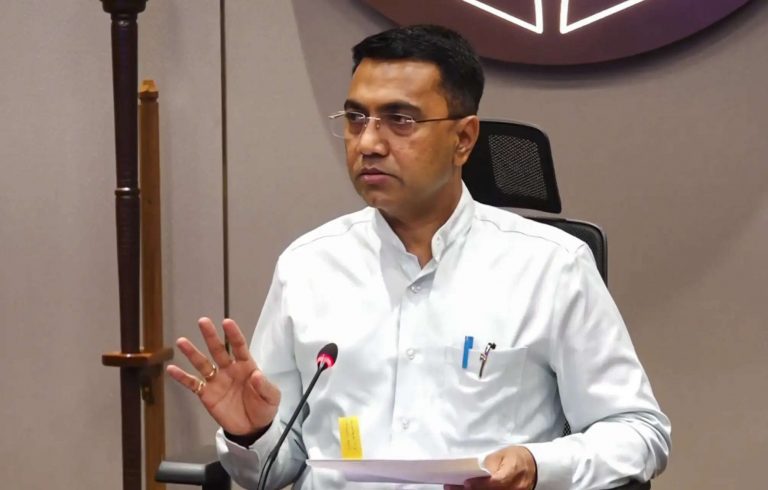After the fall of the Soviet Union, Ukraine inherited a significant nuclear stockpile. However, due to financial burdens and geopolitical risks, Ukraine decided to relinquish its nuclear weapons. The 1994 Budapest Memorandum promised security guarantees to Ukraine, but these guarantees proved to be unreliable when Russia annexed Crimea and supported separatists in Ukraine. The current Russia-Ukraine conflict has brought to light the vulnerabilities of Ukrainian security without nuclear deterrence. The strategic importance of Ukraine in the region has been underscored by these events. The decision to give up nuclear weapons has left Ukraine in a precarious position, relying on international alliances and diplomacy for its security. The need for a robust security strategy has become even more critical in the face of ongoing tensions with Russia. The situation serves as a reminder of the complex geopolitical dynamics at play in Eastern Europe. As Ukraine navigates these challenges, the global community watches closely to see how the country will secure its future. The implications of the conflict extend beyond Ukraine’s borders, impacting regional stability and international relations. The role of nuclear weapons in security strategies continues to be a topic of debate in the context of evolving security threats.

Posted in
JUST IN
Ukraine’s Nuclear Disarmament and Security Challenges Exposed in Russia Conflict: A Post-Soviet Legacy Unveiled
In Trend

“India’s COVID-19 vaccine production to quadruple with new government funding and partnerships”



















